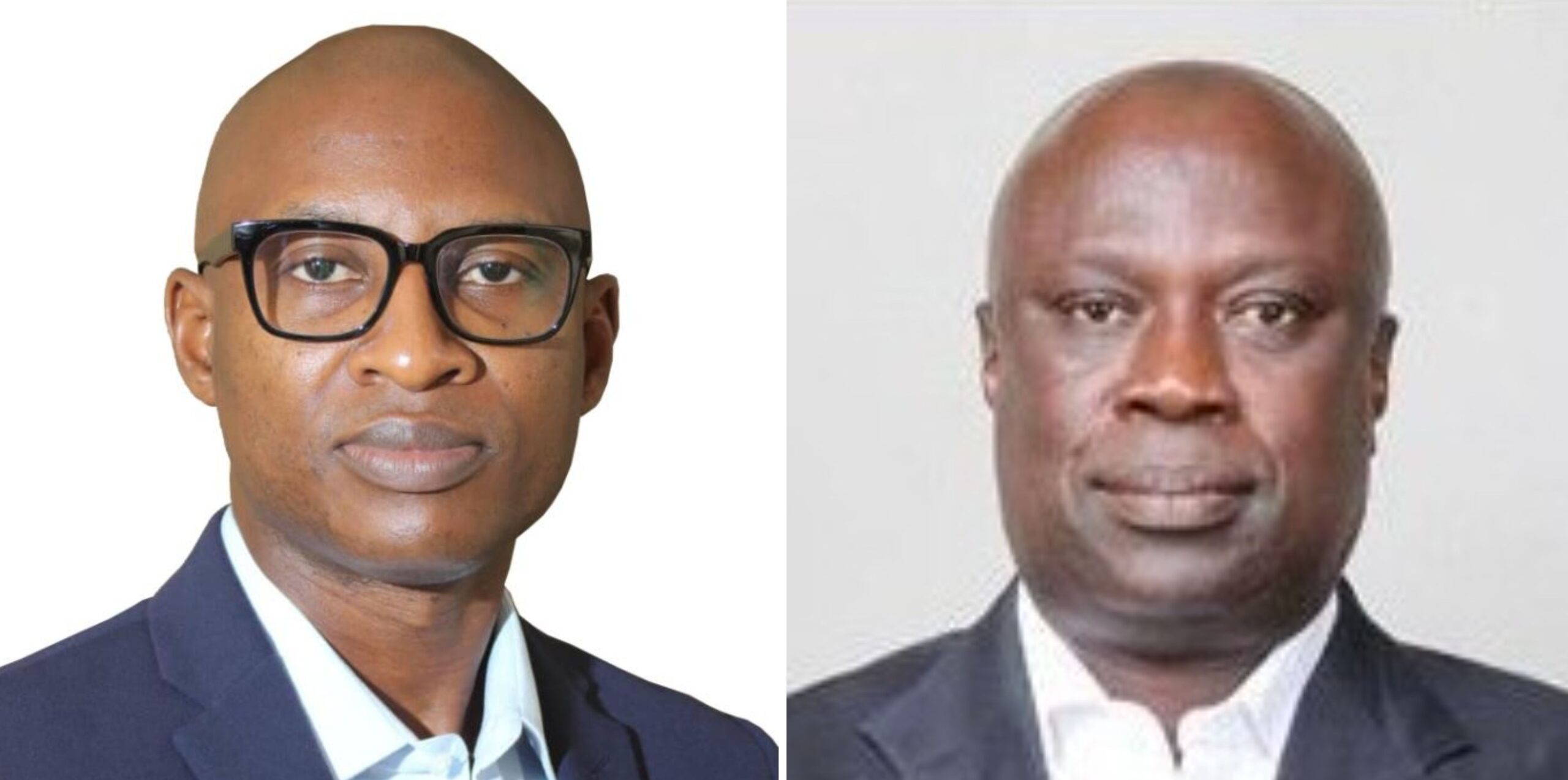Written by: ML Drammeh
The Gambia Football Federation (GFF) has unveiled a bold consultancy deal with a university professor to transform its amateur league into a professional powerhouse by 2026, but a chorus of critics led by former presidential candidate Sadibou Kamaso and echoed by two senior sports journalists and an entrepreneur, slammed the consultancy contract as a ‘smokescreen’ for mismanagement, pointing to alleged crumbling pitches and squandered funds as proof the GFF’s dream is built on shaky ground.
A Vision Unveiled Amid Skepticism
On May 28, 2025, the GFF took a significant step toward professionalizing Gambian football, signing a consultancy contract with Professor Momodou Mustapha Fanneh, a Gambian scholar with a Ph.D. in Economics from Fordham University. Presided over by GFF Second Vice President Ebou Faye, the agreement aims to craft a business plan to elevate the nation’s amateur league to professional status. “Our league is at an amateur stage, and we want to take it to another level to fulfill our election promise,” Faye declared, highlighting the need for clubs to gain financial and structural capacity to employ players and compete with Africa’s professional teams. “Clubs lose out financially when transferring players,” he added, referencing the expiration of the GFF’s UEFA Assist program for professionalization.
General Secretary Lamin M. Jassey dubbed the initiative a ‘legacy project,’ while Finance Director Kemo Ceesay lauded Fanneh’s expertise, expressing confidence in a 2026 rollout. Fanneh, acting dean of the University of The Gambia’s School of Business and Public Administration, embraced the role as a ‘national call’.
“This policy will create meaningful change for our football and the people working around it,” he said, urging swift action to harness Gambia’s youthful talent.
A Firestorm of Criticism
Yet, the announcement has sparked a firestorm. Sadibou Kamaso, a former GFF executive and 2022 presidential candidate for Team Restore Confidence, unleashed a scathing critique. “This is a carefully calculated move to misappropriate funds that should be used for meaningful development programs,” he said, questioning Fanneh’s suitability. “With all due respect to Prof. Fanneh, this is not his domain. The professional league isn’t just a business plan where you plug in figures and a nice intro.”
Kamaso’s frustration stems from what he sees as a pattern of missed opportunities. He points to the UEFA Assist program, launched in 2021 to professionalize Gambian football at no cost. The initiative included Zoom meetings with first-division clubs, a UEFA delegation visit to Banjul, and a 2021 study tour to Morocco, where Kamaso, Faye, and Competition Director Baboucarr Jobe studied a successful professional league model, fully funded by Moroccan hosts. Kamaso claims the GFF ignored the resulting report and botched follow-ups, citing a mismanaged email from then-Competition Manager Modou Jagne with a retroactively dated meeting reminder and a decision to delay professionalization to 2024/2025. “To announce a consultancy contract now is not only disrespectful to stakeholders but to all Gambians,” Kamaso fumed. “This madness has to stop.”
Crumbling Pitches, Shattered Trust
Kamaso’s outcry is amplified by voices from the media and diaspora. Momodou Gajaga, a sports presenter at QTV, minced no words: “How on earth can you professionalize your league when you don’t have a proper football pitch?” His question cuts to the heart of a broader critique: the dire state of Gambian football infrastructure. Another senior Gambian Sports journalist Baboucarr Sey echoed this sentiment : “Let’s stop fooling ourselves. We CANNOT have a professional league without playable pitches. It’s that simple. FIFA has pumped millions of Dalasis into our football infrastructure, yet we can’t point to a single stadium built from scratch. Where did it all go? Who’s accountable? Dusty community fields and poor lighting—this is an insult to Gambian football lovers. It’s a smokescreen, not development.”
From across the Atlantic, Gambian entrepreneur Alhasan Alex Darboe, based in the U.S., piled on: “The GFF is a funny and incompetent bunch. A good doctor would tell you, cure follows proper diagnosis. We have terrible, knee-damaging, leg-breaking pitches littered across the country. Instead of using FIFA funds for infrastructure, they hire a business professor with no experience in professionalizing leagues for optics. They’d never let an inexperienced surgeon operate on them, but they’ll spend millions on incompetent contractors. Dr. Fanneh is a great business professor, not a sports expert.” Darboe’s blunt assessment ended with a rallying cry: “We’re not buying it. Enough is enough.”
A Legacy or a Mirage?
The GFF’s consultancy deal is a high-stakes gamble. Can Professor Fanneh, despite lacking sports-specific experience, deliver a blueprint that transforms Gambian football?
This consultancy contract is more than a business plan, it’s a test of whether Gambian football can rise above its fractured foundation. Will the GFF score a historic goal for progress, or will critics like Kamaso, Gajaga, Sey, and Darboe be proven right, exposing another chapter of unfulfilled promises? As the nation watches, one thing is clear: without addressing the crumbling pitches and eroded trust, the dream of a professional league risks remaining a cruel mirage.




